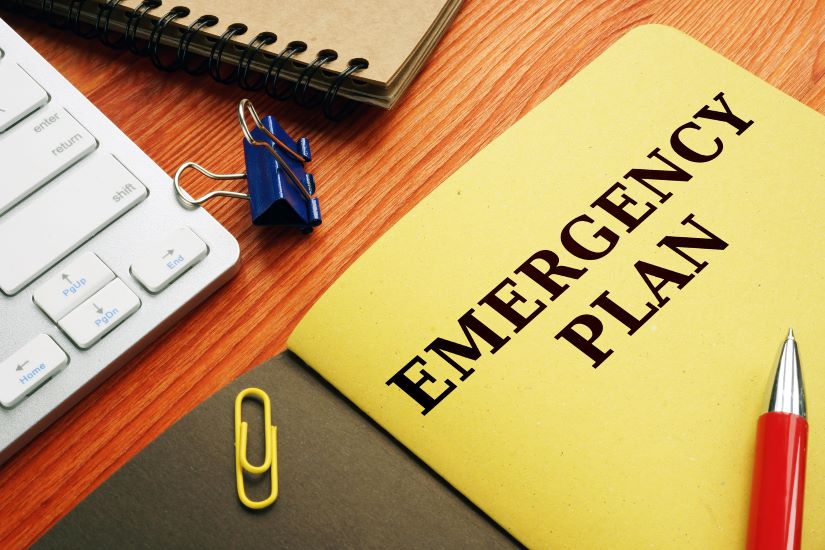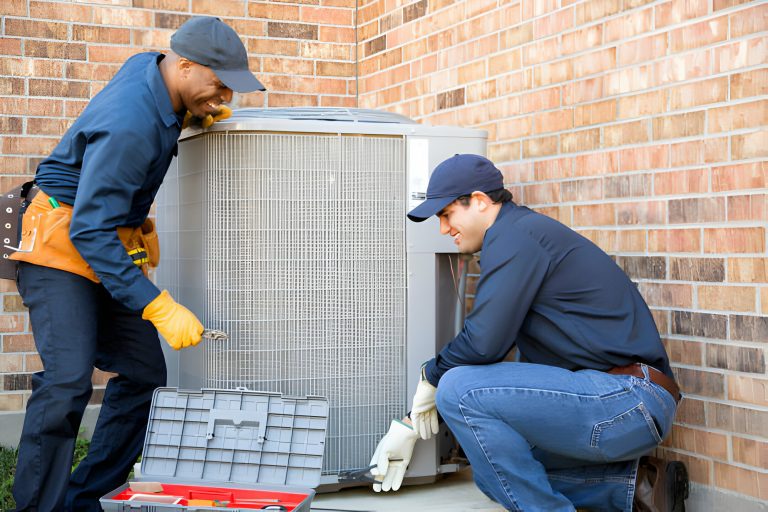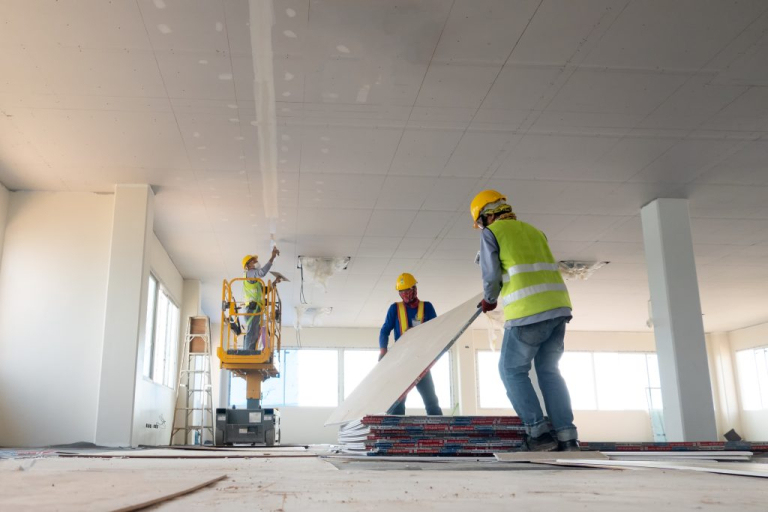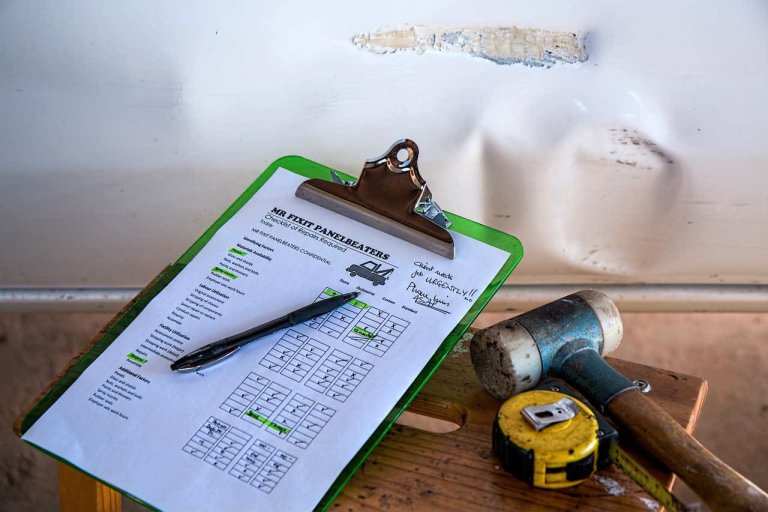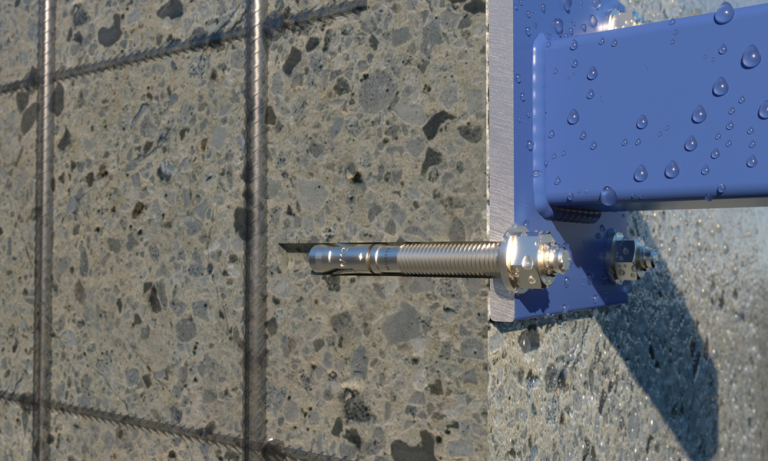How to Handle Emergencies in Commercial Building Repairs
Emergencies in commercial building repairs can occur at any time, and when they do, it is essential to respond promptly and efficiently. A well-prepared emergency response plan can help building owners and managers handle unexpected situations and ensure the safety of employees and customers. In this article, we will discuss the importance of emergency planning, the different types of emergencies, creating an emergency plan, responding to emergencies, and best practices for managing emergencies in commercial building repairs.
Understanding Emergency Repairs
Emergency repairs are unexpected incidents that require immediate attention to protect the building and its occupants from harm. Some examples include a sudden power outage, burst pipes, roof leaks or collapses, and fire or gas leaks. Timely response to these emergencies can prevent extended disruptions and further damage.
Developing an Emergency Plan
Creating an emergency plan is critical in managing unexpected situations in commercial building repairs. Building owners should establish a team responsible for responding to emergencies, identify potential scenarios and develop emergency procedures. This team should include an emergency manager, team leader, and members trained in responding to peculiar emergencies.
Responding to Emergencies in Commercial Building Repairs
When an emergency occurs in a commercial building, the first step is to alert the emergency response team. Building owners and managers should assess the situation, prioritize repairs and maintenance, and communicate with the team about the necessary actions to be taken. The emergency team should document the incident, including its date and time, and the actions taken following the incident.
Best Practices for Managing Emergencies in Commercial Building Repairs
Managing emergencies in commercial building repairs should involve regular review and updating of emergency procedures. Building owners and managers should conduct drills and train team members to ensure they can handle any potential emergency scenario effectively. It is also crucial to collaborate with external emergency services, such as fire departments or medical first responders, to ensure quick and efficient response times.
Avoiding Common Mistakes
Some common mistakes building owners make when handling emergency repairs include being unprepared for emergencies, a lack of communication among the emergency response teams, and failure to document incidents. By following the best practices outlined above, building owners can avoid these common mistakes.
To read more about this topic, check out previous blog post at The Role of Building Codes in Commercial Building Repairs
For more general information on building then please visit: https://www.building.vic.gov.au/
Handling emergency repairs in commercial buildings requires careful planning, teamwork and quick response during unforeseen emergencies. With a well-prepared emergency response plan in place, building owners can minimize the impact of unexpected incidents and safeguard their building’s occupants. Remember to conduct regular emergency drills, document all incidents and prioritize the safety of everyone in the building.

